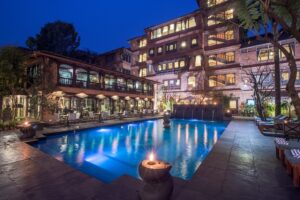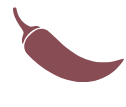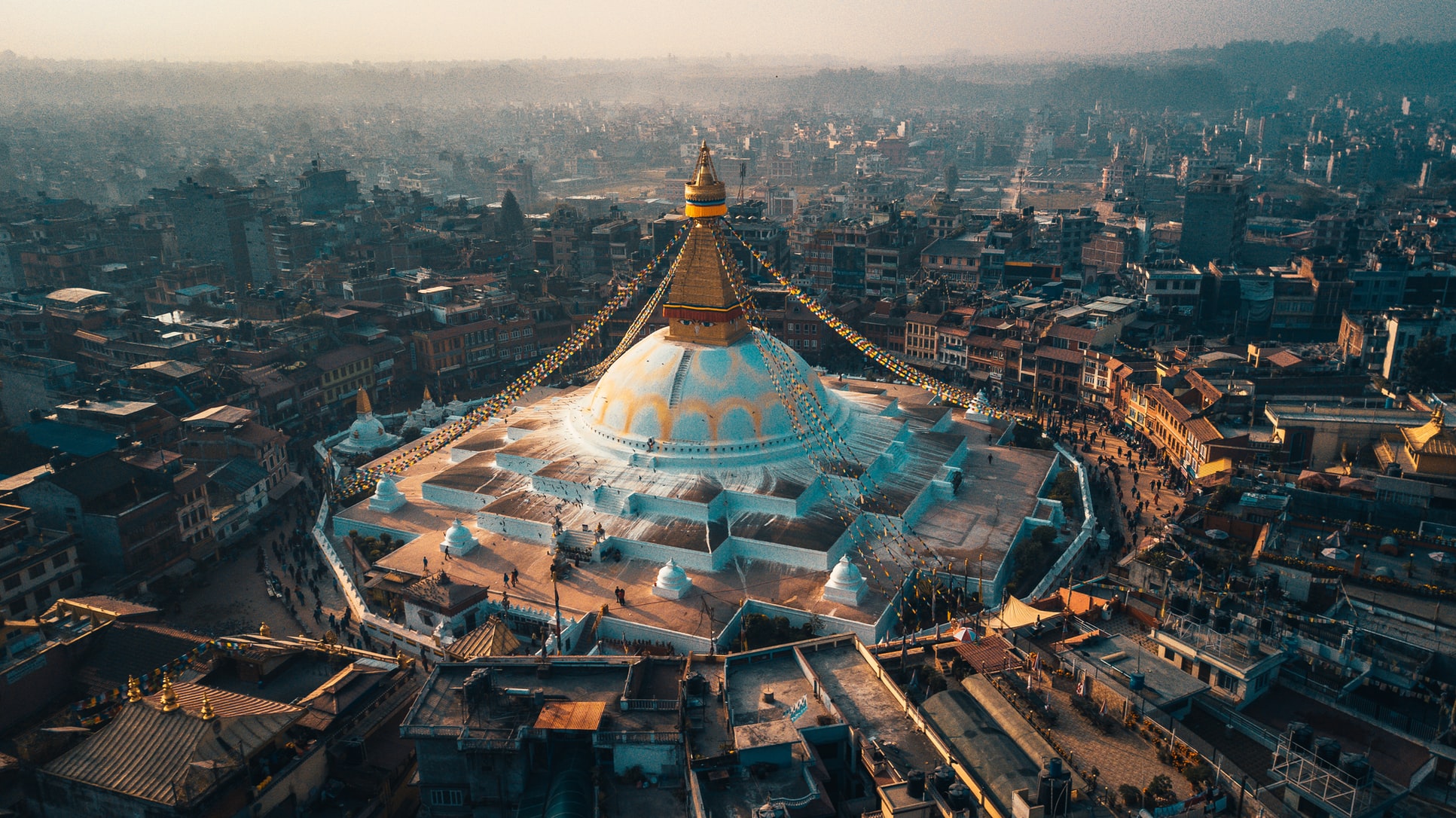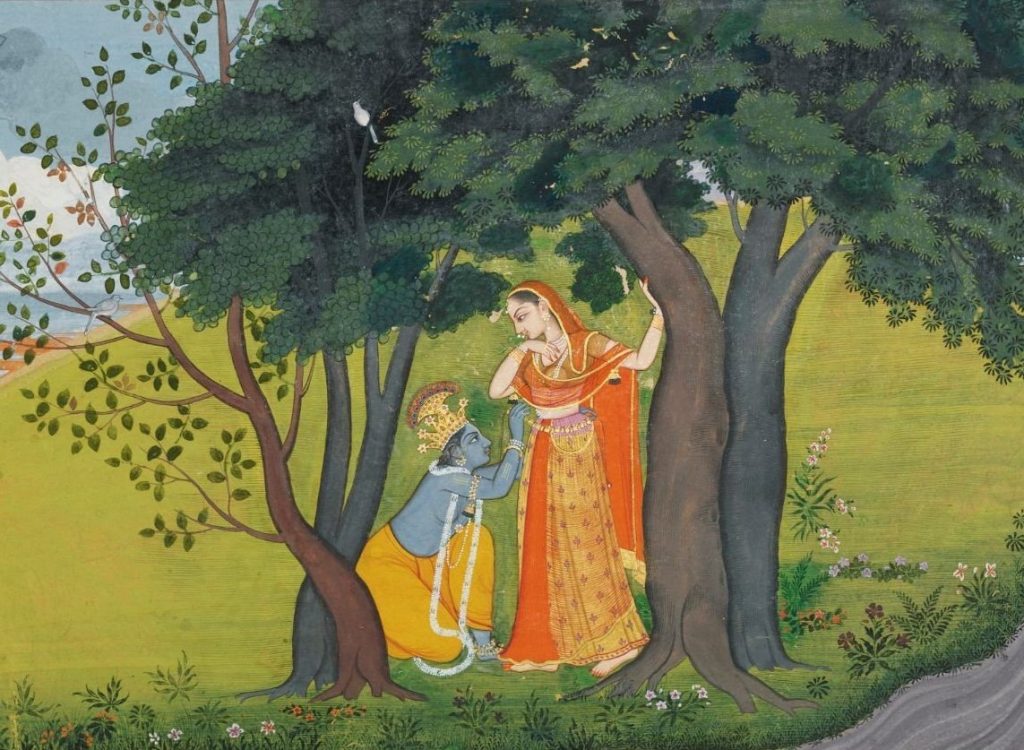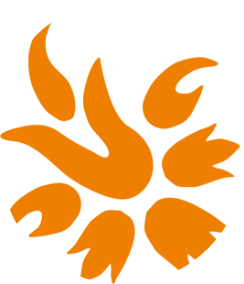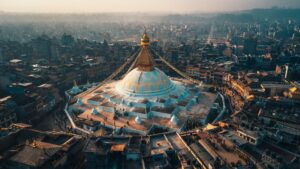
“Chasing angels or fleeing demons, go to the mountains.”
– JEFFREY RASLEY
‘To me, Nepal is wondrous. It is full of ancient stories and beautiful temples, not to mention the world’s most magnificent mountain range. I have travelled the dangerous narrow winding roads between Kathmandu and Pokhara on the roof of a bus, the driver travelling at breakneck speed and the ground dropping away hundreds of metres below us. I have walked to Annapurna Base Camp and swum in the Pokhara Lake while looking at the Himalayas above.’ – Peter Kuruvita
We allow the traveller to explore a place through one’s heart but we do have a few travel tips that can come in handy.
- PASSPORT & VISA
- AIRPORT & CUSTOMS
- BUSINESS HOURS
- SEASONALITY & CLIMATE
- LANGUAGE
- SHOPPING
- CUISINE
- HEALTH
Tourists who visit Nepal must hold a valid passport and visa.
Indian nationals do not require visa to enter into Nepal.
Entry
Tourist entry visa can be obtained for the following duration from Nepal Embassy/ Consulate or Mission offices abroad, or at the following immigration offices in Nepal:
- Tribhuvan International Airport, Kathmandu
- Kakarvitta, Jhapa (Eastern Nepal)
- Birganj, Parsa (Central Nepal)
- Kodari, Sindhupalchowk (Northern Border)
- Belhiya, Bhairahawa (Rupandehi, Western Nepal)
- Jamuna, Nepalgunj (Banke, Mid Western Nepal)
- Mohana, Dhangadhi (Kailali, Far Western Nepal)
- Gaddachauki, Mahendranagar (Kanchanpur, Far Western Nepal)
Online Visa Application Procedure
In order to avoid long queues and unnecessary delays at the airport, it is advisable to fill the online Tourist visa form within 15 days of your travel to Nepal from the Nepal Immigration website: www.online.nepalimmigration.gov.np/tourist-visa
Once submitted, you will get a submission receipt with a barcode, please print it out and bring it along for acquiring visa on arrival. It works for fifteen days only and becomes invalid there after hence it is important that you fill the form with 15 days of your travel only.
Here are a few things one need’s to keep in mind:
- Please keep your valid passport at hand
- Ready a recent photograph (size: 1.5” x 1.5”)
- Information required:
- Permanent residence address, land-line and mobile no including your email address
- Address in Nepal and land-line phone no (usually your first hotel name and number)
- Once the application is successfully submitted, a receipt with a barcode will be sent to your email immediately.
- Print the receipt and keep it with you as you need to produce it before the Immigration Authority on arrival. The receipt also mentions about the documents you need to produce before the Immigration Authority
- On arrival in Kathmandu, proceed to the visa payment counter to pay for your visa as per the duration
Note: While you can use different modes of payments at the visa fees collection counter, however we advise you to carry some cash to be on the safe side - Once the payment has been made, head towards the immigration counter
Multiple entry – 15 days: US$ 30 or equivalent convertible currency
Multiple entry – 30 days: US$ 50 or equivalent convertible currency
Multiple entry – 90 days: US$ 125 or equivalent convertible currency
Tourist Visa Extension
Visa extension fee for 15 days or less is US$ 30 or equivalent convertible currency and visa extension fee for more than 15 days is US$ 2 per day Tourist visa can be extended for a maximum period of 150 days in a single visa year (January – December).
Gratis (Free) Visa
Gratis visa for 30 days available only for tourists of SAARC countries.
Transit Visa
Transit visa for one day can be obtained from Nepal’s immigration offices at the entry points upon the production of departure flight ticket via Tribhuvan International Airport in Nepal, by paying US$ 5 or equivalent convertible currency.
Customs
All baggage must be declared and cleared through the customs on arrival at the port of entry. Passengers arriving at Tribhuvan International Airport (TIA) without any dutiable goods can proceed through the Green Channel for quick clearance without a baggage check. If you are carrying dutiable articles, you have to pass through the Red Channel for detailed customs clearance.
Import
Apart from used personal belongings, visitors are allowed to bring to Nepal free of duty cigarette (200) or cigars (50), distilled liquor (one 1.15 liter bottle), and film (15 rolls). You can also bring in the following articles free of duty on condition that you take them out with you when you leave: binoculars, movie or video camera, still camera, laptop computer, and portable music system.
Export
It is illegal to export objects over 100 years old (sacred images, paintings, manuscripts) that are valued for culture and religious reasons. Visitors are advised not to purchase such items as they are Nepal’s cultural heritage and belong here. The Department of Archaeology (tel: 4213701, 4213702) at Ramshah Path near Singha Durbar has to certify all metal statues, sacred paintings and similar objects before they are allowed to be sent or carried out of the country. Handicraft dealers and travel agents are able to assist you in this process. For more information on customs matters, contact the Chief Customs Administrator, TIA Customs Office; tel: 4470110, 4472266.
Airport Tax
As per the decision of His Majesty’s Government of Nepal dated 2001/02/19, Civil Aviation Authority of Nepal has announced a hike in the airport taxes at the Tribhuwan International Airport (TIA) and other domestic airports, with immediate effect. The new Airport Tax is equally applicable to Nepalese as well as non-Nepalese citizens flying from Nepal.
Business Hours Within the Valley
Banks 10 am to 3.30 pm Sunday- Thursday. On Fridays, banks remain open until 12 pm only. Government offices 9 am to 5 p.m. Monday- Friday. Business offices 10 am to 5 p.m Sunday- Friday. Embassies and international organizations 9 am to 5 pm Monday – Friday. Shops 10 am – 8 pm and are usually closed on Saturdays.
Business Hours Outside The Valley
Government offices 10 am – 5 p.m. Sunday – Thursday. Fridays till 3 pm. Banks 10 am to 3 pm. Sunday- Thursday. On Fridays, banks remain open until 12 pm only. Business offices 10 am to 5 pm Sunday -Friday. Embassies and international organizations 9 am to 5 pm Monday – Friday. Shops 10 am – 8 pm and are usually closed on Saturdays.
Nepal is five hours 45 minutes ahead of GMT.

Best time to visit: October till April
Good time to visit: September & May
Lean Season: June, July, Aug

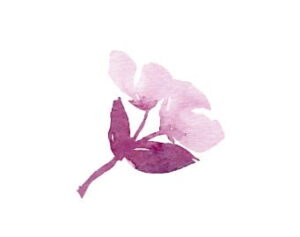 Nepal has a typical climate which varies as per its topography and altitude. There is a dry season from October to May and there is the wet season, the monsoon, from June to September. September -November, the start of the dry season, is in many ways the best time of the year in Nepal. When monsoon just ends, the countryside is green and lush. Nepal is at its most beautiful and during this season there are plenty of colourful festivals to enjoy.
Nepal has a typical climate which varies as per its topography and altitude. There is a dry season from October to May and there is the wet season, the monsoon, from June to September. September -November, the start of the dry season, is in many ways the best time of the year in Nepal. When monsoon just ends, the countryside is green and lush. Nepal is at its most beautiful and during this season there are plenty of colourful festivals to enjoy.
English is widely spoken, especially in areas that are used to tourists, though accents and grammar may vary considerably. Different ethnic groups have their own language or dialects, but Nepalese is the national language. The script is Devanagari. English is widely understood in urban centres.
Note that we always ensure that our clients are paired with guides who can speak their language.
Communication
Making long distance calls is easy from major cities like Kathmandu and Pokhara. Cyber cafes and communication shops offer phone and internet services in every corner. They let you receive and send fax and provide computer for internet access for a fee.
Landline telephone calls to most countries are now direct. Fax and Telex facilities are now ubiquitously available. Internet facilities are also easily available in most cities and tourist centres, in cybercafes and business centres, but free wireless connectivity is rare.
Connectivity – wireless or conventional broadband – in five-star hotels tends to be many times more expensive than cybercafes in the same areas.
The postal service is fairly spread out; you’re likely to find post offices in the most remote towns. You can usually buy stamps and leave letters for posting at most hotels.
In Nepal most shops and clothing stores have a fixed price tagged on the goods. But in case of small shops, you can bargain the prices for purchasing goods. (Do note that we’d be happy to provide you with expert shopping assistance.) You can shop at colourful, crowded bazaars, on the roadside, in air-conditioned hotel arcades and bustling modern malls.
Nepalese food is as varied as the country itself, with every region having its own specialities. The cultural diversity of Nepal has provided an ample space for the growth of a number of cuisines based on the ethnic groups and the geographical features of the nation. Hence, Nepalese cuisine encompasses a whole array of different cuisines rather than one single type of cuisine. Dal bhat– lentil soup served over boiled rice — is a staple dish of Nepal.
Snacks commonly eaten outside mealtimes include popped or parched corn, “chiura” (beaten rice), “samosa” (turnovers stuffed with meat or vegetables), biscuits (packaged cookies) and Indian-style sweets.
Beverages include – tea usually taken with milk and sugar, “jard” (homemade beer made from rice), “sarbat” (juice of sugar cane), “raksi” (spirits made in rustic distilleries). At higher elevations “chang” (millet beer).
Nepal does not require any particular immunisation for your visit. Vaccinations for Cholera, Meningitis, Tetanus & Diphtheria, Typhoid and Gamma Globulin should be considered for your trip. Please consult your physician and get a complete check -up before your departure. Most hotels have a doctor on call.
Sunshine can stronger than you are used to, heat, digestive upsets, insect bites for which you have developed no immunities, all these can spoil your trip. So please take a few basic precautions.
Carry a kit containing sunscreens and other lotions for protection from the sun, insect repellents and sting relief creams, water sterilising tablets and medicines for possible stomach upsets or indigestion. To protect yourself from mosquitoes when outdoors in the evenings, use an insect repellent on exposed skin, and wear socks, trousers and long-sleeved shirts.
Eating and drinking
Tap water is not purified for drinking. Unless you have access to a water filter, or are sure water has been boiled, it is safer to stick to bottled water. Avoid ice in your drinks outside your hotel. Avoid ice cream or food sold by roadside vendors, uncooked or undercooked foods, fruit or vegetables that cannot be peeled.
Nepal from the
journal
Read the latest articles by Distant Frontiers’ expert team, including columns like Lost in Luxury, Culture Matters and travel news as well as exclusive insiders from the road by our Explorers.

Nepal
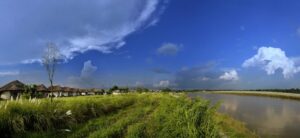
Barahi Jungle Lodge, Chitwan
